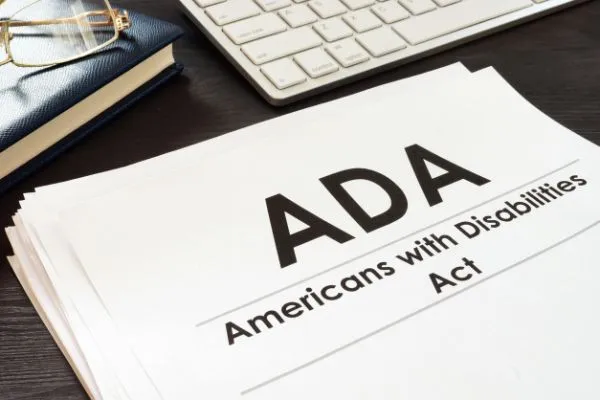Mental Health System in Mississippi Violates Federal Law

In 2016, the United States Department of Justice brought a lawsuit against the state of Mississippi, alleging that its mental health system was inadequate and violated federal law. In a 61-page opinion, federal Judge Carlton W. Reeves found that the state had violated the Americans with Disabilities Act and had failed to provide adequate mental health care.
Failures in the System
The judge noted that Mississippi has failed to offer adequate resources in the community for individuals with mental illness. The state frequently relies on the use of state-run hospitals that are often underfunded and understaffed. While the state does appear to offer some programs in the community, the reality is that many of these programs are not useful.
The judge noted that one critical service where psychiatrists and nurses treat patients with severe mental illness in their homes and communities was only available in 14 of the state’s 82 counties. In addition, a 24-hour crisis hotline that was designed to dispatch mental health professionals to people in need often failed to do so. In some cases, mental health teams were located so far away from callers that they were useless.
The state spent most of its mental health resources on state-run hospitals and spent less than the nation’s average on community-based care. This results in a cycle of hospitalization for individuals with mental illness who do not receive care in the community. Institutionalization can have a harmful impact on those with severe mental illness as it deprives them of their freedom and privacy.
Solutions for the Future
The judge appointed a special master to oversee Mississippi’s mental health system going forward. The hope is that the Legislature will provide increased funding for community mental health programs so that more people can avoid being institutionalized. Community care often proves more effective for people with serious mental illness and can help identify those individuals who are in need of care.
If you or a loved one has a mental disability and has been arrested or convicted of a crime, you need an experienced criminal defense attorney on your side. Elizabeth Kelley specializes in representing individuals with mental disabilities. To schedule a consultation call (509) 991-7058.


